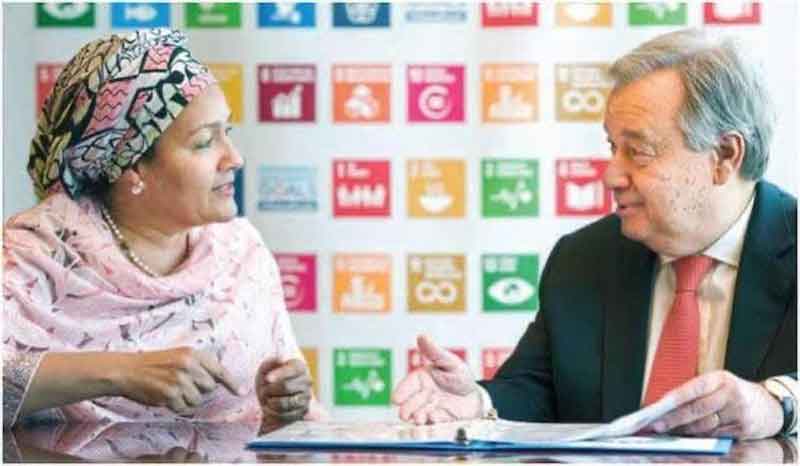×
The Standard e-Paper
Kenya’s Boldest Voice

United Nations Secretary-General Mr António Guterres and Deputy Secretary-General Ms Amina Mohammed have been emphasizing the role of media in achieving SDGs. [UN Photo]
When 17-year-old high school student Darnella Fraizer filmed the last minutes of George Floyd’s life under the knee of police officer Derek Chauvin, she could not have imagined that her footage would reignite the explosive global question of racial inequality and the subsequent clamour for reforms in policing.